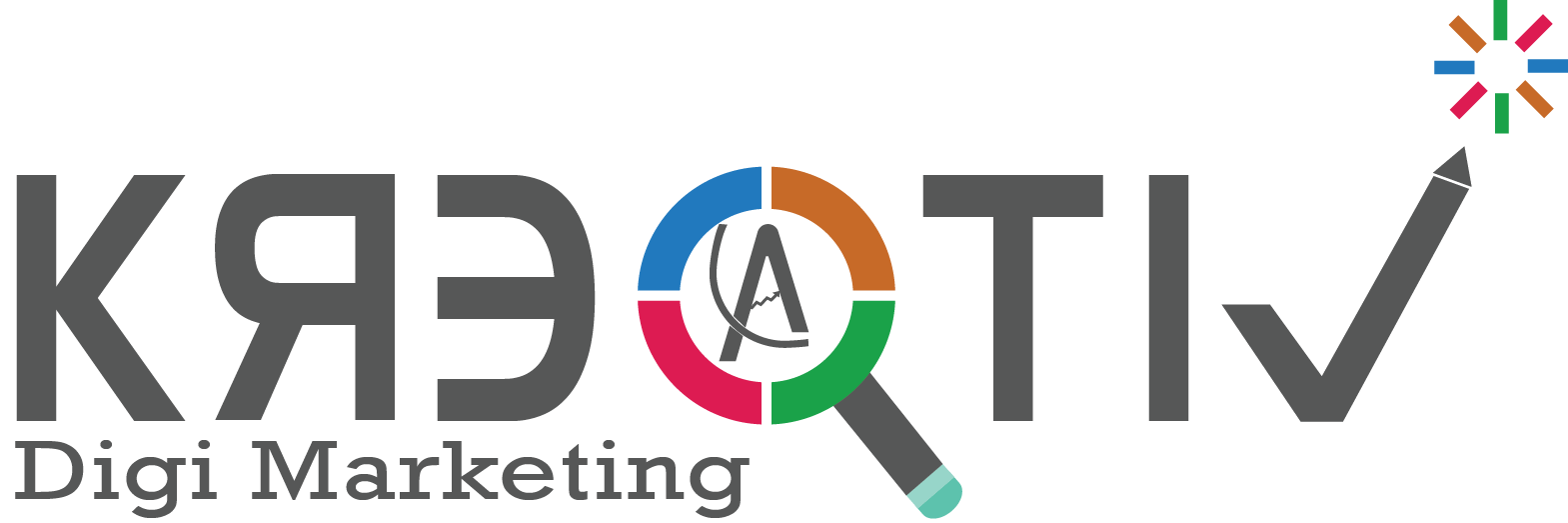4 Best Alternatives To Google Analytics 2022
Digital marketing often requires a lot of time, effort, and consistency, unlike any other marketing type. But do not stress yourself because there are a lot of tools that are useful and effective.
Now talking about one of the most used tools is none other than Google Analytics.
It is a fantastic tool that may help you in making a better analysis of your company’s marketing efforts. But there are other alternatives to Google Analytics that you should know is a part of the digital marketing industry.
Google Analytics is not only the best analytics tool available, but it’s also completely free. It’s a fantastic offer. Google is known for having the best engineering staff on the planet, and it’s outrageous that we can all enjoy their expertise through a free tool.
Yet, the first thing we usually do when we plan to create a new website is installed Google Analytics. It’s a long-standing habit.
About Google Analytics
Although Google Analytics is the most popular option, it may not fit in every case. You can feel overwhelmed by data sampling, inadequate data and a user interface with a steep learning curve.
Despite the fact that Google Analytics is the most used, there are a few Google Analytics alternatives to consider.
Some are free, while others are charged. They all have different unique selling features, so take a look at the possibilities to see which one will best suit your needs of the business.

The 4 Best Alternatives To Google Analytics You Should Know
1. StatCounter
Despite the fact that StatCounter has been around for a long time, the user interface has remained simple.
This isn’t to say it’s a horrible product; it appears to be a little more ‘old school’ than other products. All the high-level information you need is available, including information on visits, visitor pathways, popular pages, entrance and exit pages, incoming keywords, and more.
StatCounter lags behind the competition segmentation, goals, campaign tracking, and more complex capabilities.
StatCounter has a feature called Growth Plan that translates your web traffic statistics into actionable insights. It helps you focus on important areas to boost revenue. The issue is that Growth Plan is an upgrade, and you’ll have to pay for it.
2. Open Web Analytics
Open Web Analytics (OWA) is a free and open-source web analytics program. Its user interface is reminiscent of the Google Analytics interface from approximately 2013 look and basic navigation.
OWA is a feature-rich free tool that can track goals over various levels of a conversion funnel, provide analytics sorted by many parameters, and even show heatmaps and mouse tracking.
The Unique Variables feature allows you to set and store up to five custom properties on all tracking events.
Custom Variables can be defined for a single tracking request, a single workshop, or all sessions for a particular user.
OWA is a robust and feature-rich analytics platform. Unfortunately, it shares most analytics tools’ bounce rate and time on site flaws. It also doesn’t appear to be updated very often.
3. Adobe Analytics
This robust piece of software tries to provide accurate attribution across many channels and devices.
To track conversions, Adobe Analytics uses Success events and pulls data from a variety of digital sources, including voice, video, connected cars, CRM, and the internet of things, to mention a few.
It also combines offline and enterprise data, such as loyalty programs, to provide a complete view of the customer’s journey to a successful event.
Multichannel online and offline data sources, as well as unique factors, make data collecting more robust and relevant to your specific organization.
Adobe Analytics also has integrated tag management, which allows you to collect and share data across marketing systems without changing the HTML code of your business.
Advanced attribution modeling, uses several rules-based algorithms to assist you to apply the most appropriate model to your marketing efforts.
It does so when understand your audience’s insights. It can also help you unlock the intricacies of your digital marketing activity.
Another advantage of Adobe Analytics is that it aids in the detection of irregularities in website interaction.
Adobe Analytics is best suited for large enterprises with a strong digital presence. Its five-figure price tag puts it out of range for most businesses, but its remarkable offline and online channel connections are something most analysts can only dream of.
It is one of the more impressive Google Analytics competitors, with a focus on user usability.
4. FoxMetrics
FoxMetrics takes online analytics to the next level by allowing you to construct unique data models, allowing you to go beyond Google Analytics in your study.
As a result, it’s best suited to more advanced users who are conversant with SQL.
You’ll be able to develop gorgeous dashboards and even set up alerts when your system detects abnormalities once the models are built, giving you a real-time handle on issues as they occur.
It is put up in such a way that it pushes you to develop tracking and reporting that are valuable to you. It doesn’t bombard you with a slew of statistics and menus.
Rather, it walks you through the process of creating your own reports based on your specific business requirements.
You understand how critical it is to be able to track and measure the actions your prospects take on your website. After all, it gives you an insight into the effectiveness of your digital marketing activities.
Conclusion
So, you need to know that the free Google Analytics plan’s only drawback is its data restriction. When your website reaches a particular size, Google Analytics will begin sampling your reporting.
This means the data isn’t 100 percent correct because Google Analytics is only looking apart of your actual data, say 70 percent, and isn’t looking at the whole picture and making a guess on the remaining 20%.
The more data you have, the less “actual” data each report contains.
Some people despise data sampling and see it as a major issue. about it anymore. It’s a little price to pay to have free access to a high-quality analytics tool like Google Analytics.
Only when a site receives several millions of monthly visits and the majority of data is collected do I get concerned.
So, enjoy the alternatives to your google analytics and enhance your digital marketing skills.

